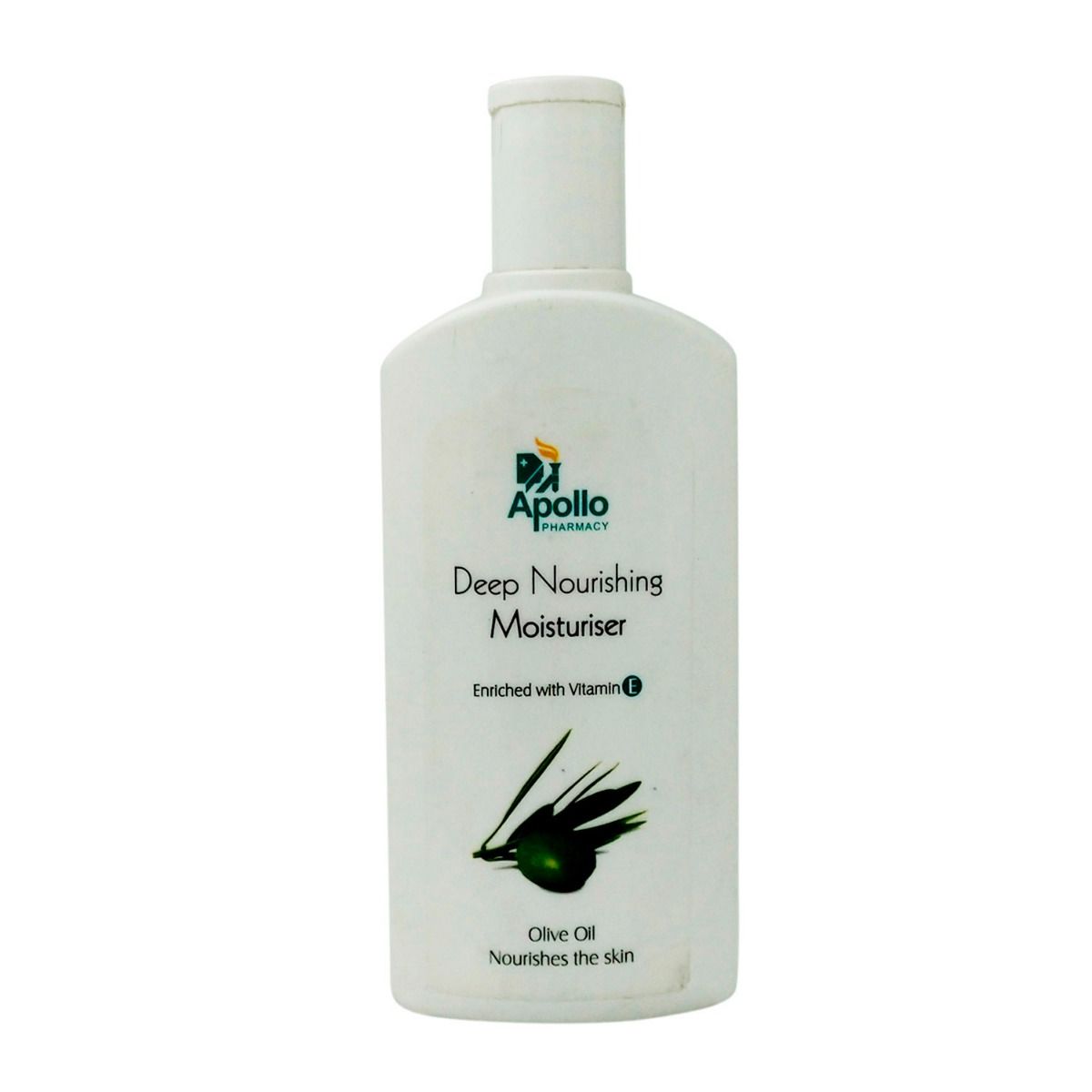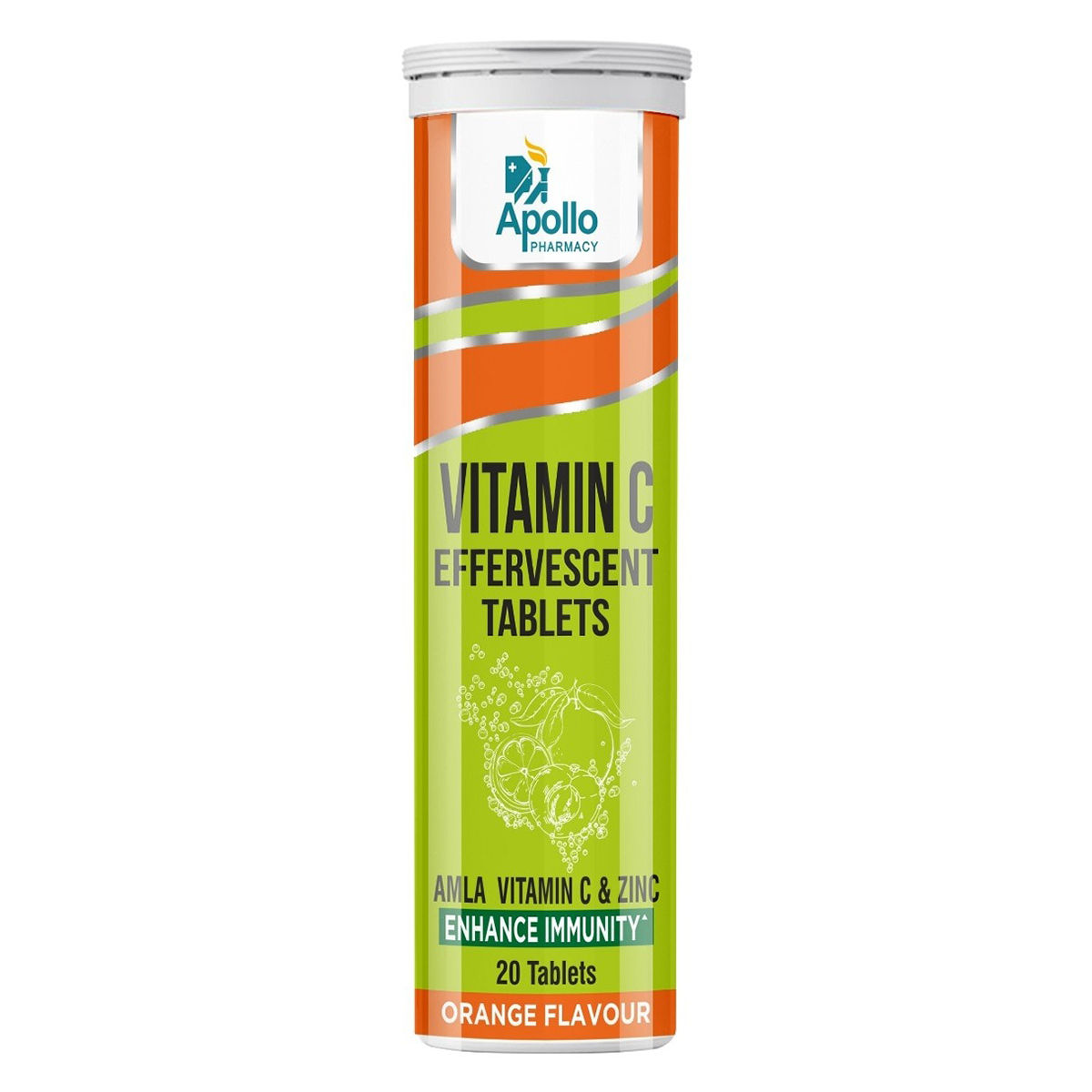D-10 Gel 15 gm



₹94.5*
MRP ₹105
10% off
₹89.25*
MRP ₹105
15% CB
₹15.75 cashback(15%)
Free Delivery
With Circle membership
(Inclusive of all Taxes)
This offer price is valid on orders above ₹800. Apply coupon PHARMA10/PHARMA18 (excluding restricted items)
Know Your Delivery Time
Provide Delivery Location
Available Offers
 Prescription drug
Prescription drugWhats That
 39 people bought
39 people bought 
Secure Payment

India's Most Trusted Pharmacy

Genuine Products
Manufacturer/Marketer :
Consume Type :
Return Policy :
Expires on or after :
About D-10 Gel
D-10 Gel is used to treat inflamed acne. It minimizes the formation of excessive natural oil, known as sebum. It also reduces swelling caused by acne. Acne is a skin-related problem in which the skin's oil glands (sebaceous glands) become clogged, thereby forming pimples and sometimes cysts.
D-10 Gel is composed of two medicines: Clindamycin, Nicotinamide, and Allantoin. Clindamycin is a lincomycin antibiotic that penetrates the skin and kills acne-causing bacteria. Nicotinamide is a form of vitamin B responsible for exerting anti-inflammatory effects applied to the skin. Allantoin is a moisturizing agent that forms an oily layer on the top of the skin that traps in the water. Thereby moisturizing the outermost layer of skin and making it smoother and softer. Also, it breaks down a protein known as keratin (that forms part of skin structure), removes dead skin cells, and softens skin. Altogether it stops or slows down the growth of bacteria and prevents the growth of acne.
D-10 Gel should be used in quantity advised by the doctor. It is only meant for external use. It should be applied in sufficient quantity enough to cover the affected area. Wash your hands before and after using this medicine. If it accidentally comes into contact with your eyes, nose, mouth, or other sensitive areas, immediately rinse it with water. In some cases, you may experience irritation, dryness, peeling, redness, and a burning sensation at the application site. Most of these side effects of D-10 Gel do not require medical attention and gradually resolve over time. However, if the side effects are persistent, reach out to your doctor. It is advised to use a skin moisturizer and drink plenty of water to prevent side effects.
Do not stop using this medicine without consulting your doctor. Inform your doctor if you are pregnant or breastfeeding. Also, if you are allergic to this medicine, please tell your doctor. Avoid touching, picking, or scratching the infected area to prevent acne from worsening. It is advised to avoid unnecessary sun exposure and before stepping out in the sun, use sunscreen. Do not use cosmetic products or perform cosmetic procedures in the affected area without consulting your doctor.
Uses of D-10 Gel
Directions for Use
Medicinal Benefits
D-10 Gel contains Clindamycin, Nicotinamide (Vitamin B3), and Allantoin. Clindamycin is a well-known bacteriostatic antibiotic that treats acne, bacterial infection, and scars and is suitable for both dry and wet skin. The topical application of clindamycin helps heal acne by killing the acne-causing bacteria and prevents further bacterial skin infections. Nicotinamide is a synthetic form of Vitamin B3 that stimulates ceramide (fats found on the uppermost layer of the skin) synthesis and improves the epidermal permeability barrier functions, making skin look supple and soft. Allantoin is a moisturizing agent that forms an oily layer on the top of the skin and traps it in the water. Thereby moisturising the outermost layer of skin and making it smoother and softer. Also, it breaks down a protein known as keratin (that forms part of skin structure), removes dead skin cells, and softens skin. Altogether, it stops or slows down bacteria's growth, causing acne, and heals the skin by reducing swelling and redness.
How D-10 Gel Works
Storage
Side Effects of D-10 Gel
Irritation
Dryness
Peeling
Redness
Burning sensation at the application site
What if I have taken an overdose of D-10 Gel
Drug Warnings
D-10 Gel is meant for only topical use and not for oral, ophthalmic, or intravaginal use. You should not use a D-10 Gel if your skin is very sensitive or allergic to D-10 Gel or lincomycin class antibiotic. Do not apply D-10 Gel on the cut, scraped, sunburned, or eczema-affected skin part. If accidentally D-10 Gel gets into your eyes, immediately rinse your eyes with water thoroughly and contact your doctor immediately if the irritation persists. Inform your doctor if your skin conditions do not improve. D-10 Gel may take time to treat acne, so do not apply a dosage more than prescribed for better and faster results. If you are pregnant, planning for pregnancy, or a nursing mother, consult your doctor before using D-10 Gel. Using dermatological products other than D-10 Gel may lead to unfavourable results like excessive skin drying, peeling, irritation, etc. In this case, consult your doctor about how much medicine should be used to treat acne.
Drug-Drug Interactions
Drug-Drug Interactions
Login/Sign Up
Drug-Food Interactions
Drug-Food Interactions
Login/Sign Up
Diet & Lifestyle Advise
Avoid sun exposure while using D-10 Gel as it may make the skin more sensitive to sunlight and cause sunburn. Wear protective clothing and sunscreen while going out to protect your skin from sunburn.
Regular exercise can improve your mood and self-esteem though it doesn’t clear acne. Take a shower immediately after finishing exercise, as sweat may irritate acne.
Do regular hair wash regularly and avoid hair falling across the face.
Remove the makeup completely before going to bed.
Avoid using products that may cause skin irritation, such as harsh soaps, skin cleansers, shampoos, hair removers or waxes, hair colouring or permanent chemicals, detergents, and rough fabrics.
Habit Forming
Therapeutic Class
D-10 Gel Substitute

D Acne Plus Gel 20 gm
by Others
₹11.16per tabletD Acne Plus Gel 15 gm
by Others
₹14.88per tabletTop-C Gel 20 gm
by Others
₹4.95per tablet
Product Substitutes
Alcohol
Safe if prescribed
There are no interactions found with D-10 Gel pertaining to alcohol. However, it is advised to avoid alcohol for a speedy recovery.
Pregnancy
Caution
There are no well-established clinical studies with D-10 Gel in pregnant women. Hence, D-10 Gel should be used during pregnancy only if clearly needed. Consult your doctor before taking this medicine.
Breast Feeding
Safe if prescribed
D-10 Gel is safe to use in breastfeeding. However, please inform your doctor that you are breastfeeding if you are prescribed D-10 Gel.
Driving
Safe if prescribed
There are no effects found of D-10 Gel on driving capabilities.
Liver
Safe if prescribed
There are no interactions found with the D-10 Gel pertaining to the liver. However, please inform your doctor if you are suffering from or have suffered from liver diseases.
Kidney
Safe if prescribed
There are no interactions found with D-10 Gel pertaining to the kidney. However, please inform your doctor if you are suffering from or have suffered from kidney diseases.
Children
Caution
D-10 Gel should be used in children only if prescribed by a specialist. The safety and effectiveness of D-10 Gel have not been established in children below 12 years of age.
FAQs
Country of origin
Manufacturer/Marketer address
Customers Also Bought
Disclaimer
Author Details
We provide you with authentic, trustworthy and relevant information




















